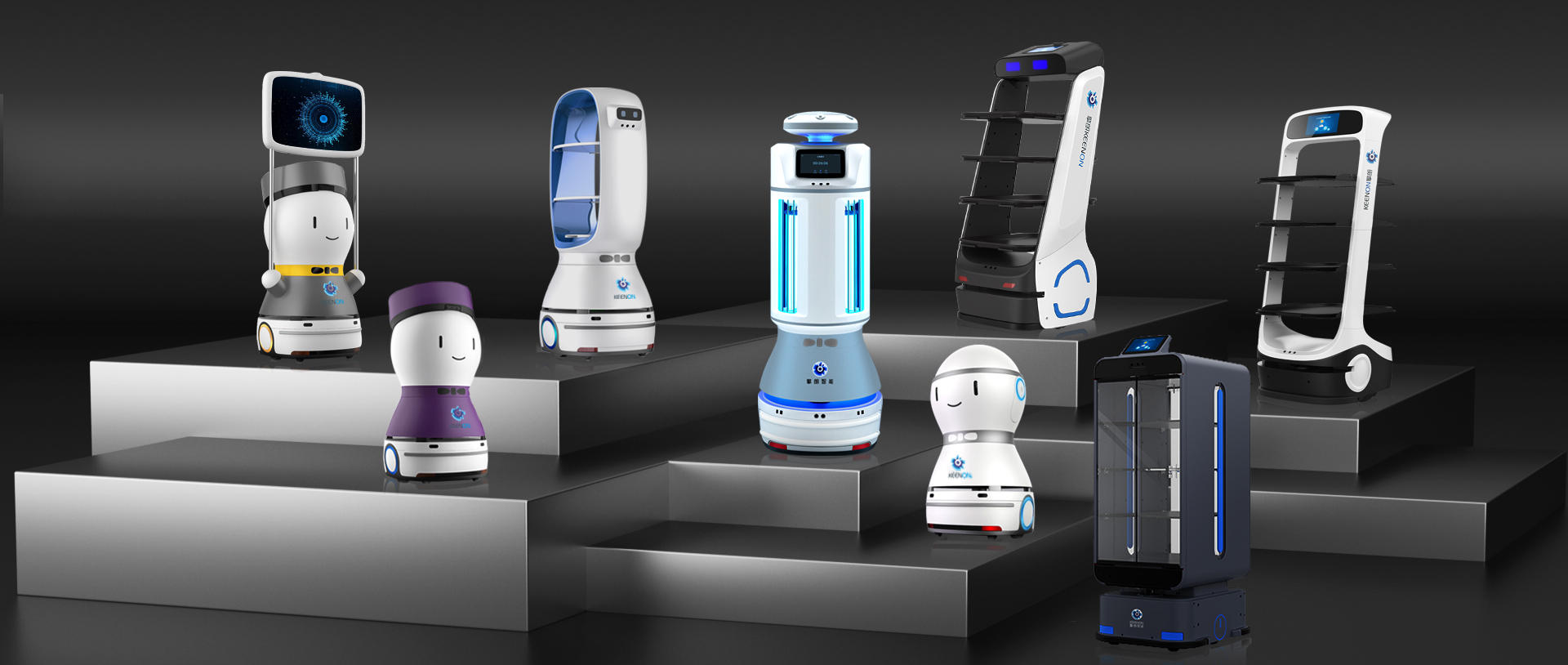Received hundreds of millions of yuan in Series C financing led by SoftBank Asia.
It is learned that Shanghai Qinglang Intelligent Technology Co., Ltd. (hereinafter referred to as “Qinglang Intelligent”) announced that it has completed hundreds of millions of yuan in Series C financing. This round of financing is funded by SoftBank Asia Ventures The investment company (Softbank Ventures Asia) led the investment, and Chongying Capital served as the exclusive financial advisor for this round. This is the second round of financing completed by the company this year. This round of financing will be mainly used to further deepen the penetration of Qinglang distribution robots in the domestic catering market, overseas market expansion, and the horizontal development of new business units such as medical care.
It was reported that “Qinglang Smart” received 200 million yuan in Series B financing led by Source Code Capital in March this year. For details, please see the first release | Focusing on unmanned delivery robots, “Qinglang Intelligent” received 200 million yuan in B series financing from Source Code Capital
“Qinglang Intelligence” was established in 2010. It is an intelligent robot manufacturer and operator service provider. It has realized intelligent distribution robots in catering, hotels, and medical scenarios at home and abroad. Continue to promote and implement applications. “Qinglang Smart” company has 23 marketing operation centers, catering BU, medical BU, hotel BU, etc.
From the perspective of production capacity, “Qinglang Intelligent” achieves mass production of 20,000 to 20,000 units per year through standardized factory assembly lines. The average working time of a single machine is 4.5 years, and it has served 500+ cities nationwide, and the number of daily active units is 10,000+units span> The cumulative number of tasks completed exceeds 42 million times.
From the product matrix, for different scenarios, its main products are food delivery robots T1, T2, T5, T6; hotel robots W1, W3; leading advertising Robot and disinfection robot M2, medical delivery robot M1, etc. The main application scenarios are divided into restaurants, hotels and hospitals.
Qinglang Smart Robot Family Portrait Photo courtesy: Qinglang Smart
In 2020, “Qinglang Smart” will focus on expanding overseas markets, such as the launch of the first “Robot Cafe” in Korea, and the global launch in Japan in May this year The first “smart library”, reached cooperation orders with 17 hospitals in Dubai, etc.
After the outbreak of the new crown epidemic, “no contact” just needs to be quickly detonated at home and abroad. “Qinglang Intelligent” also actively participates in the “anti-epidemic with science and technology”, which is an epidemic area Nearly a thousand robots have been donated to the centralized isolation point; and cooperation has been reached with many hospitals at home and abroad to provide services such as disinfection and medical equipment distribution. In the application scenarios of expanding overseas markets, the robots of “Qinglang Smart” are used in Milan Airport in Italy, hospitals in Dubai, factories in the United States and ArabicThe school has realized the large-scale implementation of service applications such as intelligent distribution, guidance, and navigation.
Li Tong, the founder & CEO of “Qinglang Intelligent”, told me that distribution robots are still a blue ocean market and the existing market penetration rate is relatively low , The speed of popularization in the future will continue to accelerate. Li Tong believes that the future reduction of large-scale mass production and application costs will be mainly through two aspects: one is to improve design and research and development capabilities, and the other is to improve supply chain management and control capabilities.
At present, there are three main models in the field of distribution robots: one is selling and renting machines; the other is self-built service network; the other is combining with giants Operations. Li Tong believes that the giant’s R&D capabilities are awesome, but the barriers to delivery robots are not low. The triple isolation from region to brand to store prevents new entrants from quickly occupying the market. “Qinglang Smart” has accumulated three iterations of construction technology Barriers, at the same timeIt also has its own relative advantages in large-scale landing applications. In the future, it will cooperate with various operators in the market, and will not exclude strategic and capital cooperation with giants.
According to the “China Robot Industry Development Report (2019)”, the overall global robot market continues to grow, and China’s robot market has huge demand potential. The industrial sector is The key core technology is the primary goal, and the intelligence level in the service field is rapidly improving, and it is basically in line with the international leading level, and there is plenty of room for growth. No matter what type of robot, in the future development, in addition to bringing actual value to customers, it should also pay attention to ROI (input-output ratio). Only products with a cost advantage that achieve large-scale landing and allow users to “calculate the account” can stand out in the fierce market competition.
Li Tong believes that the difference between “Qinglang Intelligent” and other robot system integrators lies mainly in the investment in technology research and development, followed by hardware design, software development and The supply chain management capability of integrated production and manufacturing will also reduce costs by controlling the stability of the supply chain in the future. Compared with 3C products, the scale of mass production and landing applications of domestic distribution robots are too small, and there is huge room for large-scale development in the future.
Investor’s view:
Pictures provided by investors

